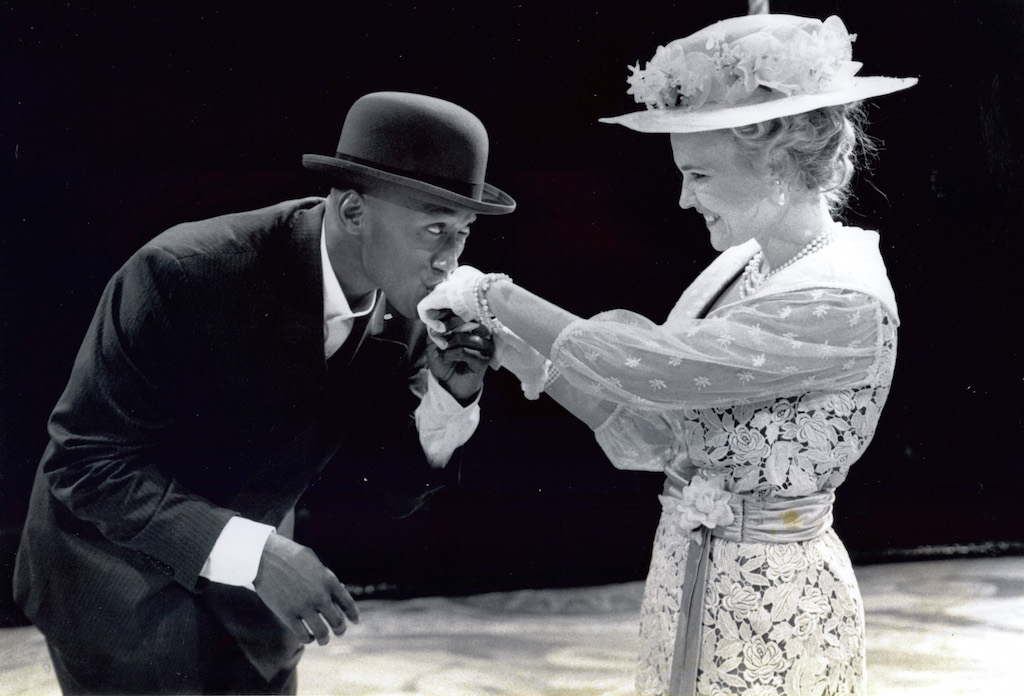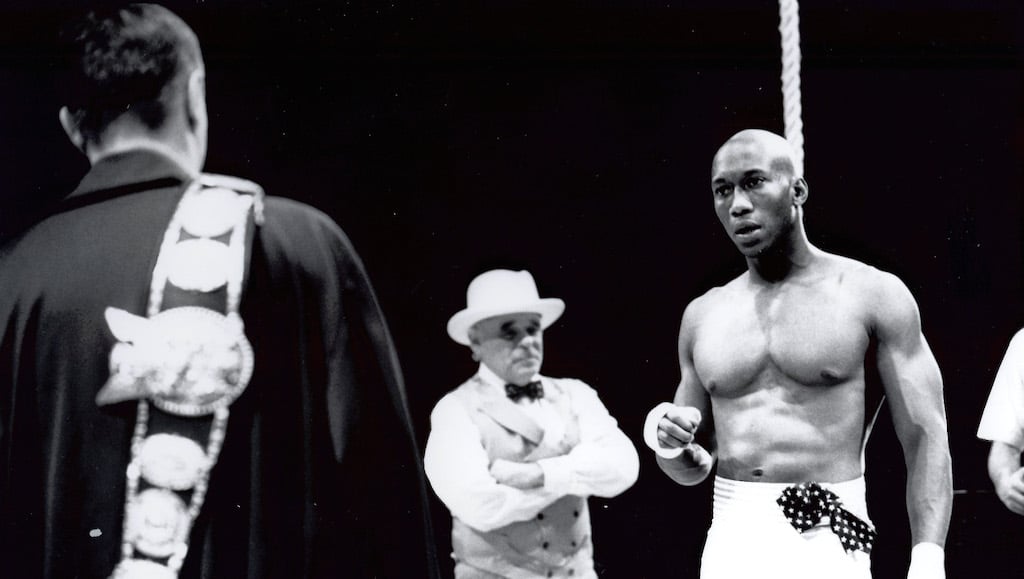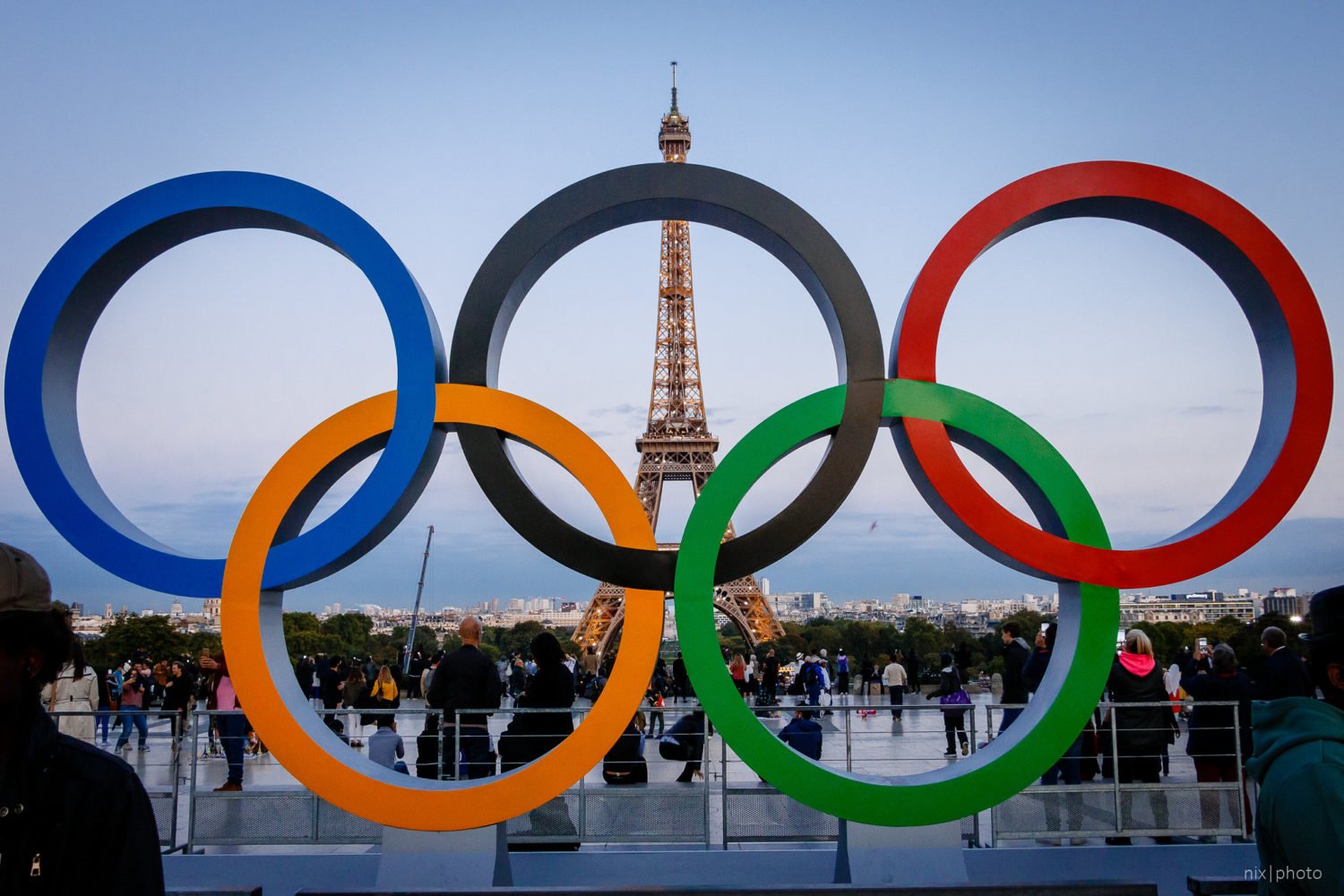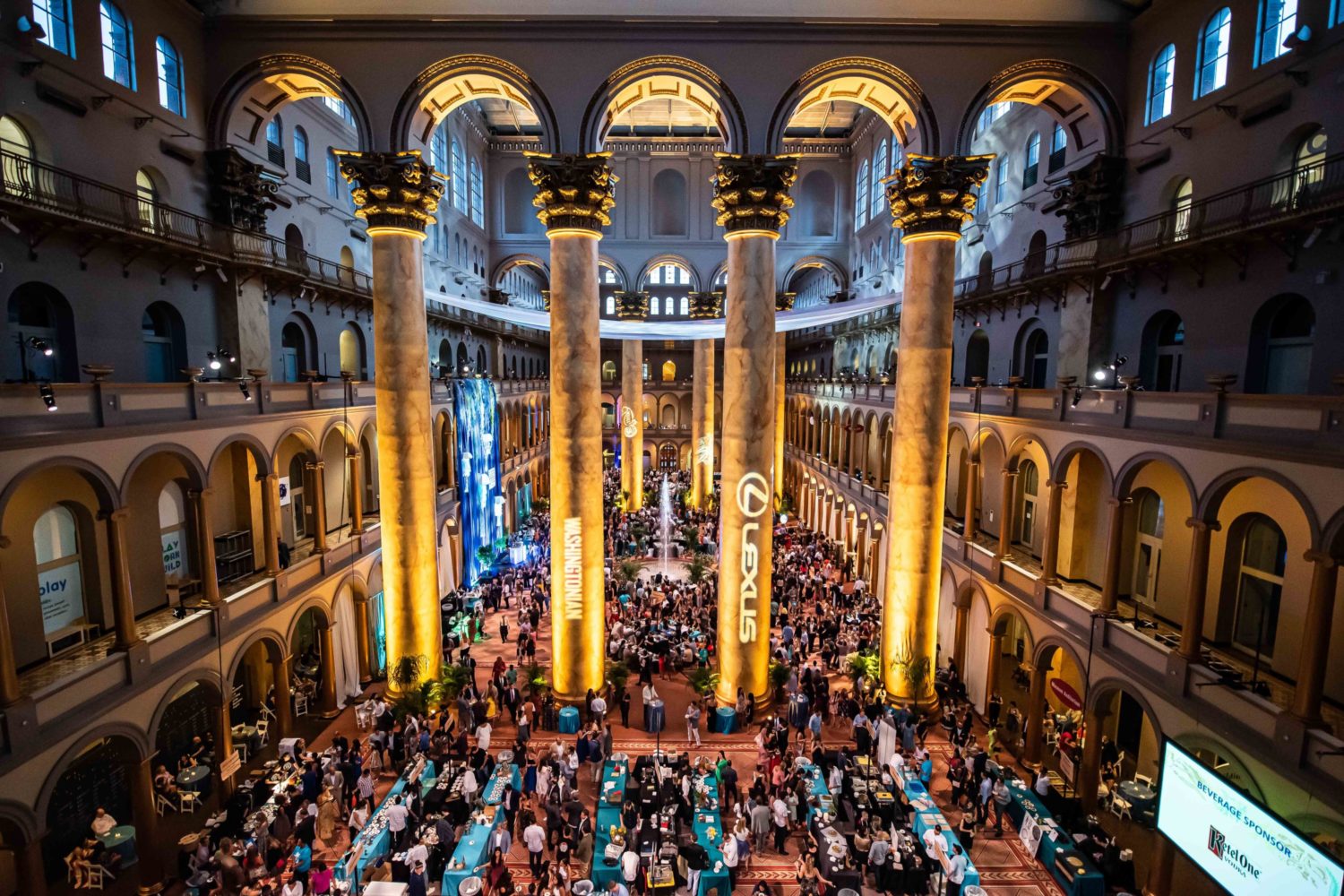Before he was the power-broking Remy Danton in House of Cards, the conniving Cottonmouth in Luke Cage, or the enigmatic Juan in Moonlight, a role that won him the Academy Award for Best Supporting Actor on Sunday, Mahershala Ali was Jack Jefferson–a proud, boisterous boxing champion ostracized by the Jim Crow era—in The Great White Hope at DC’s Arena Stage. The 2000 production was Ali’s first professional role after earning a master’s degree from New York University’s Tisch School of the Arts. In it, Ali was directed by Molly Smith, who’s been the theater’s artistic director since 1998.
Ali was introduced to Smith by Zelda Fichandler, the Arena Stage co-founder who ran NYU’s acting program from 1984 until 2009. Fichandler, who died last July, was also the first person Ali thanked by name when accepting his Oscar. Ali said Fichandler, among other teachers, always told him “that it’s not about you, it’s about these characters. You’re in service to these stories and these characters.”
“As an artist he was serious, focused, and absolutely gracious,” Smith tells Washingtonian. “He was very bright, driven, charming, excellent with language and with the physical work on stage. This [was] a major, huge role for a young man just coming out of university work, and he was glorious.”
The Great White Hope, written by Howard Sackler, was based loosely on the life of Jack Johnson, the first black heavyweight boxing champion, who was arrested for his relationship with white women under a 1910 law that was often used to punish interracial marriages. Sackler’s play first ran at Arena Stage in a 1967 production directed by Fichandler that starred James Earl Jones (who won a Tony for the role) and Jane Alexander as one of his mistresses. As part of its 50th anniversary celebration in 2000, Arena Stage reprised the play, and Smith turned to Fichandler for casting advice.
“You need to look at Mahershala Ali, he is the first person I’ve seen out of any of the years I’ve been working at NYU who’s right for this role,” Smith recalls Fichandler telling her.

In a 2000 interview with PBS Newshour, Ali said he was intimidated by trying to fill Jones’ shoes: “I saw his work in it and I kid you not, I sat there and I cried for about 15 minutes because I couldn’t believe that this piece of work existed and that I didn’t know about it, that my friends didn’t know about it. And I said, well, I can’t do that. I can do what I can do, but I can’t do that.”
But his performance got a rave review from Washington Post theater critic Lloyd Rose, who said that Ali “proves as much of a champion as the man he is playing. As soon as Ali (what a fortuitous name for an actor playing this role) enters, lithely muscled and as quick on his feet as a dancer, he shows you Jefferson’s sense of play and display.”
Smith says that when she watched Ali on stage, “I just thought he was destined for television and film work. There was a level of nuance and internal clock he had that seemed right for the camera.” Sure enough, the Oakland native was off to Hollywood the next year, playing Dr. Trey Sanders for 19 episodes on NBC’s Crossing Jordan.
Of eventual Best Picture-winner Moonlight, Smith calls Ali’s performance as Juan, the Miami drug dealer who mentors a young boy struggling with his sexual identity, “excellent, sensitive, deep.”
While she hasn’t spoken to Ali recently, Smith plans to send him a note of congratulations for his Oscar, to “let him know how proud I am.”

















